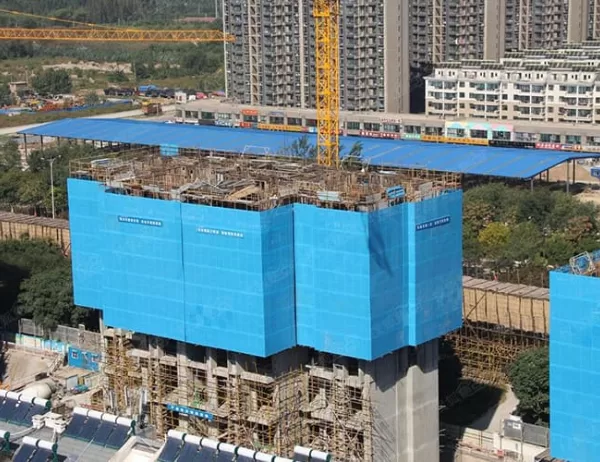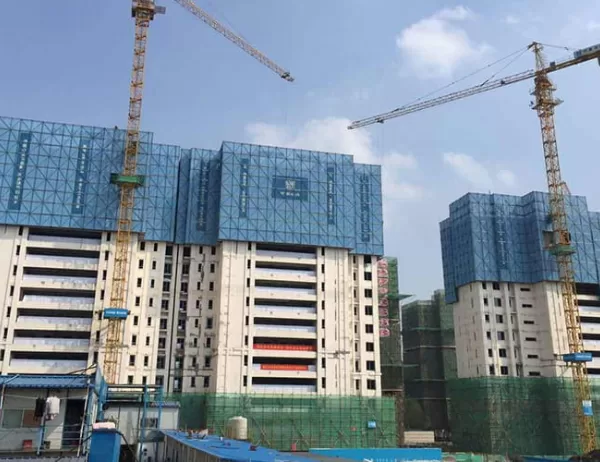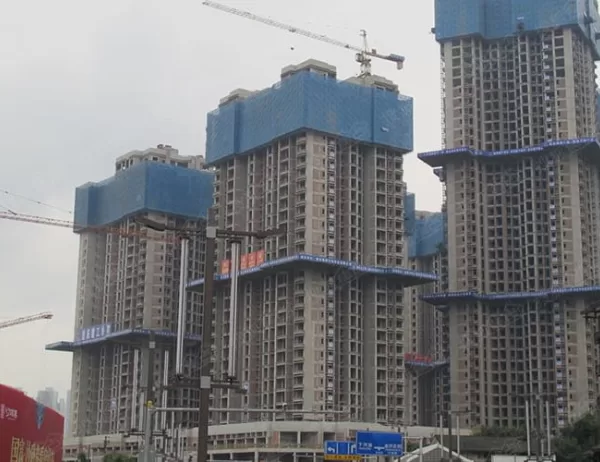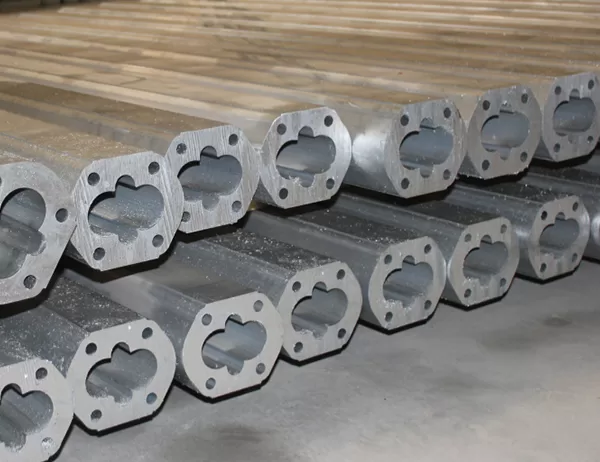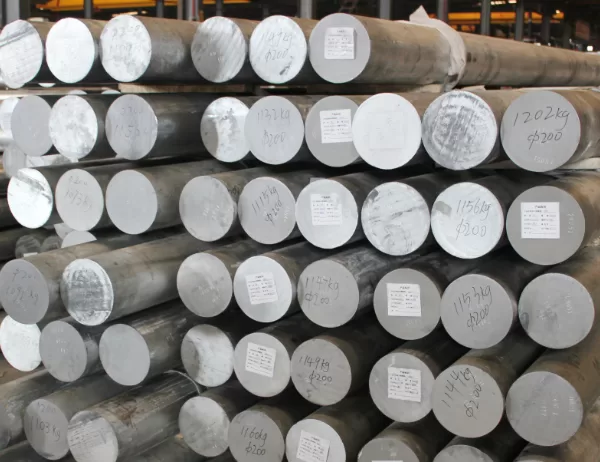Extruded Aluminum Tubes: The Ultimate Solution for Diverse Industries
Extruded aluminum tubes have revolutionized various industries, from architecture to transportation and healthcare. Their unparalleled versatility, lightweight construction, and corrosion resistance make them the ideal choice for a wide range of applications. This article presents compelling case studies that showcase the extraordinary success achieved through the innovative use of extruded aluminum tubes.
Case Study 1: London’s Gherkin Skyscraper
The iconic Gherkin skyscraper in London exemplifies the architectural prowess of extruded aluminum tubes. Its unique geometry and curved glass facade were made possible by custom-fabricated aluminum tubes that provided structural support while maintaining an aesthetically pleasing design. The use of aluminum tubes significantly reduced the building’s weight and carbon footprint, making it an architectural marvel.
Case Study 2: Lightweight Aircraft Structures
In the aviation industry, extruded aluminum tubes have played a pivotal role in reducing aircraft weight and improving fuel efficiency. Their high strength-to-weight ratio enables manufacturers to create lightweight, yet durable structures that can withstand the rigorous demands of air travel. Airbus and Boeing have extensively employed aluminum tubes in their aircraft designs, resulting in significant cost and performance advantages.
Case Study 3: Medical Implants and Devices
Within the healthcare sector, extruded aluminum tubes have found applications in medical implants and devices due to their biocompatibility and durability. They are used in bone plates, surgical instruments, and pharmaceutical packaging, ensuring the highest standards of safety and reliability. Aluminum tubes provide a non-toxic and corrosion-resistant alternative to traditional materials, enhancing patient outcomes.
: A Transformative Material for Endless Possibilities
These case studies provide a glimpse into the remarkable capabilities of extruded aluminum tubes. Their unique properties have enabled industries to achieve exceptional results in terms of design, performance, and sustainability. As technology continues to advance, we can anticipate even more innovative applications for this versatile material, shaping the future of countless industries.
